Brain & Nerves
Showing of 64 results
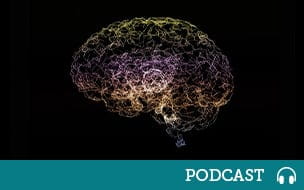
Brainspan: The Science of Staying Sharp as You Age
Can we keep our minds sharp as we age — or is that just wishful thinking? From genetics to supplements to diet, we’re unpacking the science of brain health.
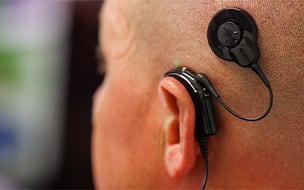
Next-Generation Cochlear Implants Protect Natural Hearing
Previously reserved only for people with the most severe hearing loss, cochlear implants are now an option for patients with moderate hearing loss.
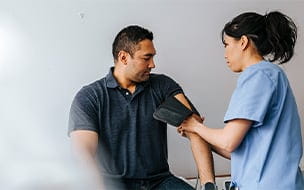
Why More Young Adults Are Experiencing Strokes
While strokes are often associated with older adults, younger people are experiencing them more frequently.
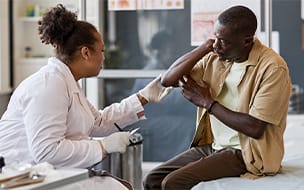
The Signs of ALS and Why Early Detection Matters
While there’s no cure for the disease, early diagnosis enables supportive care and medication that can slow progression for some patients.
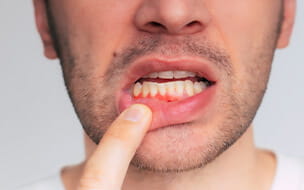
Gum Disease Is Linked to Alzheimer’s and Other Dementias
Researchers are finding evidence that bacteria in the mouth can travel to the brain and contribute to the development of the disease.

10 Medications That Don’t Mix Well With Coffee
Learn how coffee can change the way your body absorbs certain drugs, reducing their effectiveness and causing unpleasant side effects.

New Study: Shingles Vaccine May Offer Dementia Protection
A recent study found that adults who receive the shingles vaccine may be less likely to develop dementia and Alzheimer’s disease.

Can Creatine Boost Your Brainpower?
A proven supplement for improving muscle performance and recovery, creatine has been drawing attention for its brain health benefits.


